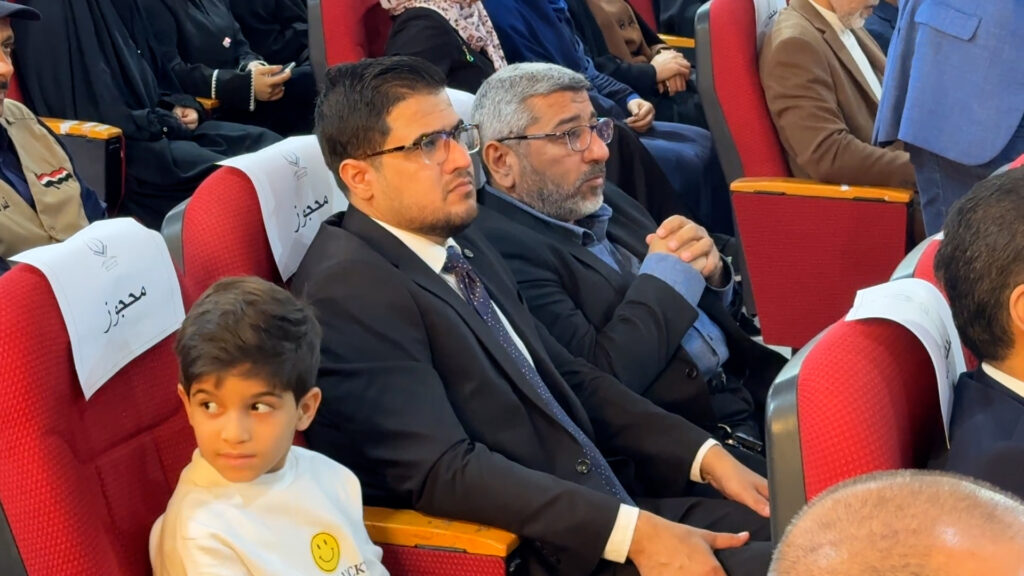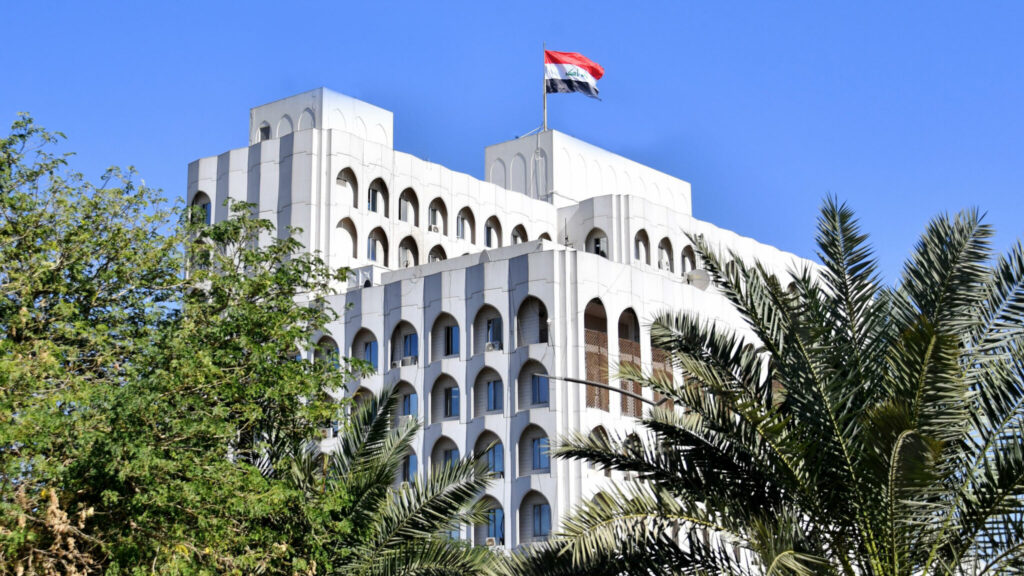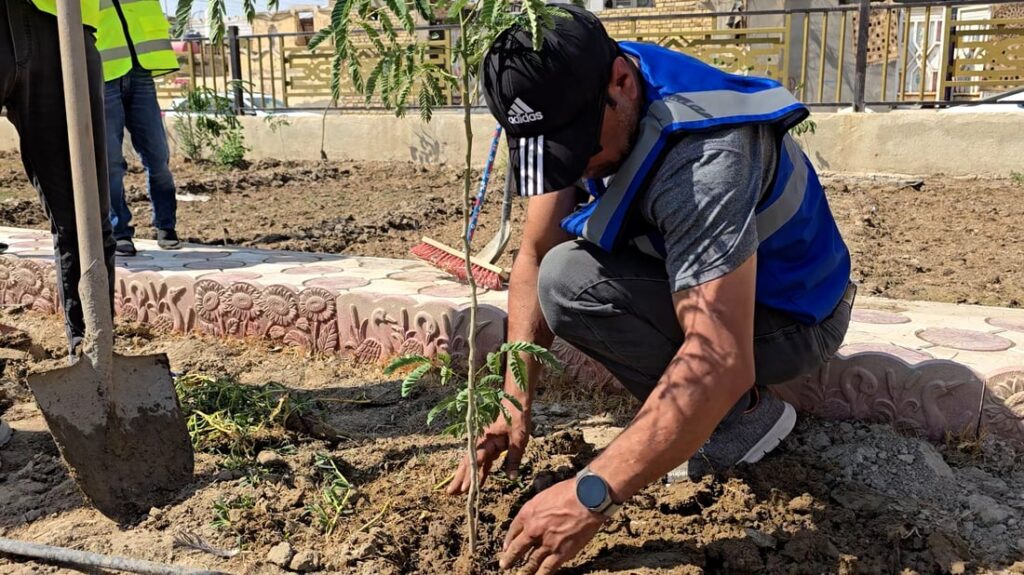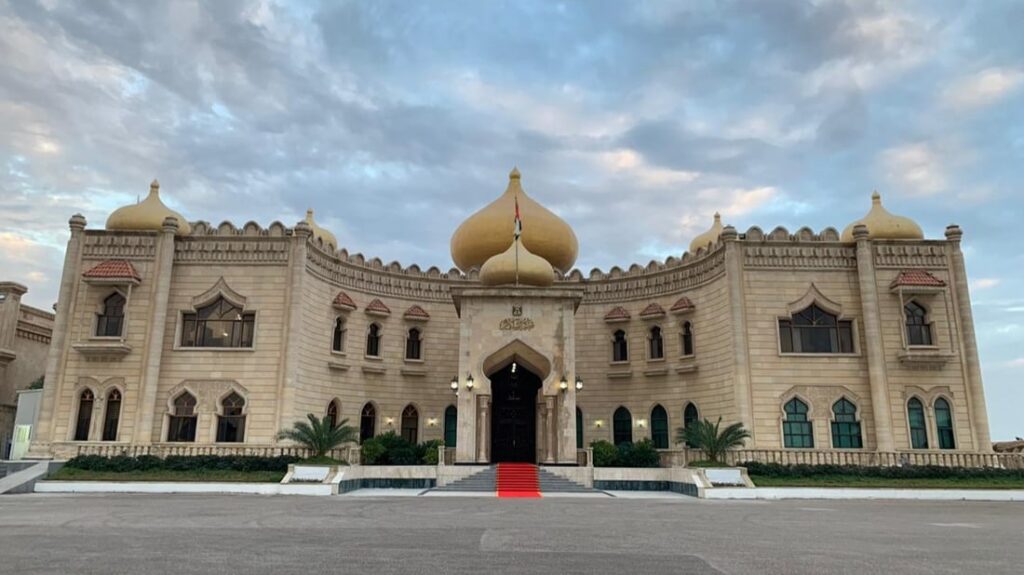World: UN asks the world to invest $29 billion in humanity in 2020 [EN/AR/ES/FR/RU/ZH]
A record 168 million people worldwide will need humanitarian assistance and protection in 2020.
Protracted conflicts, extreme weather events and crumbling economies have pushed millions to the brink of survival.
Humanitarian organizations today present their plans for how to respond and what it will cost.
(Geneva, 4 December 2019) – The United Nations in collaboration with hundreds of non-governmental humanitarian organizations today present the global overview of their plans to assist 109 million of the most vulnerable people caught up in humanitarian crises worldwide.
The Global Humanitarian Overview (GHO) 2020 is launched simultaneously in five locations – Geneva, Berlin, Brussels, London and Washington DC.
One in every 45 people on the planet are in need of food, shelter, health care, emergency education, protection or other basic assistance. The global humanitarian community stands ready to help and counts on the international community's continued generosity to help them save more lives and alleviate human suffering in crises spanning 53 countries from Afghanistan to Zambia.
"Every day, the United Nations and its partners deliver lifesaving aid to millions of people worldwide," Secretary-General António Guterres said in a message to donors. "I urge you to help us meet the humanitarian challenges that lie ahead in 2020".
Comparable figures show that the number of people in need globally has increased by some 22 million over the past year. The main drivers of need are protracted and highly violent conflicts, extreme weather events associated with climate change and under-performing economies. The plans set out in the GHO 2020 aim to reach 109 million vulnerable people with aid and protection. The combined requirements are nearly US$29 billion.
"The brutal truth is 2020 will be difficult for millions of people. The good news is that the humanitarian response is getting better and faster in reaching the most vulnerable, including women, children and people with disabilities," Emergency Relief Coordinator Mark Lowcock said, launching the GHO 2020 in Geneva.
"In humanitarian crises, I continue to be amazed by people's determination to rebuild their lives, and encouraged by their hope for a better future.
"Today we have laid out a plan to help those who need it most. But it will only work if everyone continues to play their part. Climate change, conflict and economic instability are devastating millions of lives. Together we must stand up, face facts, and fight back."
International donors have provided rising amounts of money year after year to the inter-agency appeals, but the needs continue to outstrip the funding.
In 2019, more people than forecasted needed humanitarian assistance, mostly because of conflicts and natural disasters. Donors generously provided a record $16 billion for inter-agency appeals between January and November 2019. Aid groups reached 64 per cent of the people targeted to receive aid through Humanitarian Response Plans in 22 of the countries for which data were available.
The GHO 2020 is available online http://unocha.org/GHO2020
Additional resources for media on the same page include photos, b-roll/shotlist, FAQ and information from launches in Berlin, Brussels, Geneva, London and Washington DC
Press conference video package is available for download from UNifeed on https://www.unmultimedia.org/tv/unifeed/
Note to Editors
The Global Humanitarian Overview 2020 is based on Humanitarian Response Plans in Afghanistan, Burkina Faso, Burundi, Cameroon, ?entral African Republic, Chad, Democratic Republic of the Congo, Ethiopia, Haiti, Iraq, Libya, Mali, Myanmar, Niger, Nigeria, occupied Palestinian territories, Somalia, South Sudan, Sudan, Syria, Ukraine, Venezuela and Yemen.
Other types of inter-agency plans are included for Bangladesh, DPR Korea and Venezuela/Regional.
The GHO also includes Regional Refugee Response Plans for Burundi, Democratic Republic of the Congo, Nigeria, South Sudan and Syria.
Media contacts:
In Geneva: Jens Laerke, Mob: +41-79-472-9750, laerke@un.org
In New York/London on 4 Dec: Zoe Paxton, Mob: +1-917-297-1542, zoe.paxton@un.org





